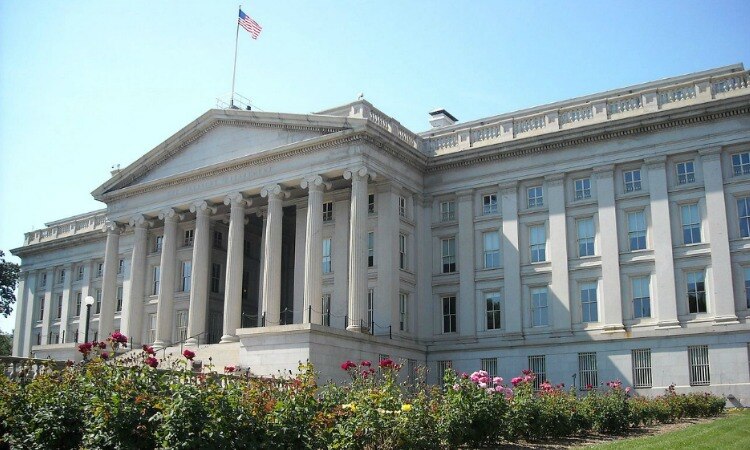As Liberia approaches its next presidential election this fall, the US government is ramping up efforts to collect evidence and apply new sanctions against any officials or aspiring public servants who are engaged in acts of corruption.
This was according to comments made by Richard Nephew, US Global Coordinator for Anti-Corruption, in an interview with Okay FM radio in Monrovia earlier this week.
A leading figure under consideration for sanctions is rumored to be Benoni Urey, the former Maritime Commissioner under the Charles Taylor government who was previously listed by the UN and Treasury Department for his role in arms trafficking and money laundering.
“Corruption is a real challenge. It is undermining investments in the country. There are projects here in Liberia that could be implemented like tomorrow if the international community and certain international businesses were more confident that corruption was going to be stopped and addressed,” Nephew said during a radio appearance on Okay FM in Monrovia on March 14.
“We are developing evidence for sanctions cases. Our objective [is to give] people who are engaged in corruption general warning,” Nephew added. “The US is dedicated to making sure that corruption is addressed and that anyone doing it faces sanctions.
Nephew noted that sanctions are meant to discourage people from involvement in corruption and punish those found guilty of the act.
According to him, the US used sanctions to fight against corruption based on credible information. Corruption undermines investment in a country. Magnitsky sanctions are intended to change behavior and help performances, Nephew noted.
“If there wasn’t evidence of corrupt activities we couldn’t impose sanctions. We are focused on this issue. This is not something we are taking lightly, it undermines the economy and population’s ability to live their lives,” Nephew noted.
“We have a vigorous evidence gathering process. We don’t preview anything about sanctions. Our plan of sanctions is going to continue. It is not going to stop. We are compiling corruption evidence on Liberians. It is to prevent corruption. If there was no evidence of corrupt activity, we couldn’t impose sanction and we wouldn’t”.
Corruption in Liberia is prevalent, ranging from massive looting of funds, and failure of public officials to declare their assets as required by law. The United States government and other partners have consistently voiced out corruption while calling on the government to fight corruption and provide adequate funding to institutions responsible to fight corruption.
Last year, the Office of Foreign Assets Control of the United States Department of Treasury sanctioned three important members of the Weah-led administration (OFAC). Nathaniel McGill, Sayma Syrenius Cephus, and Bill Twehway were sanctioned for their alleged involvement in ongoing public corruption in Liberia.
Even though the three officials willingly left their positions, the public still thinks that many more officials of the current administration need to be sanctioned because there has since been speculation of corruption ever since they took office in 2018.






